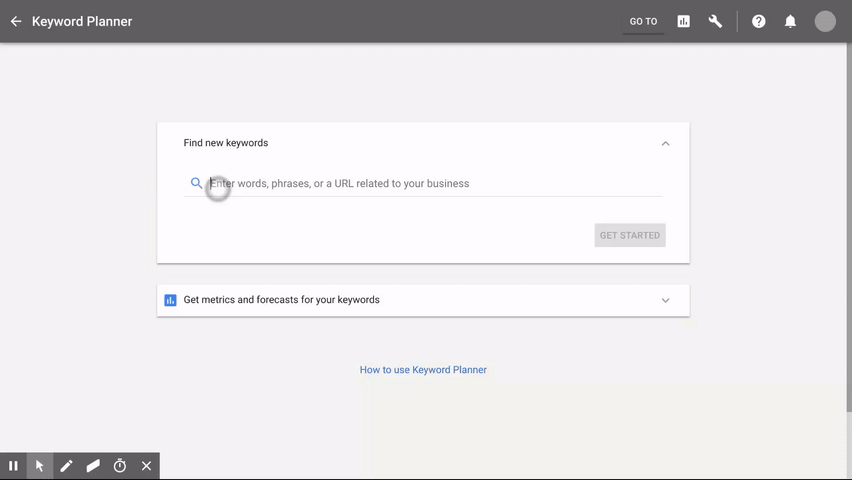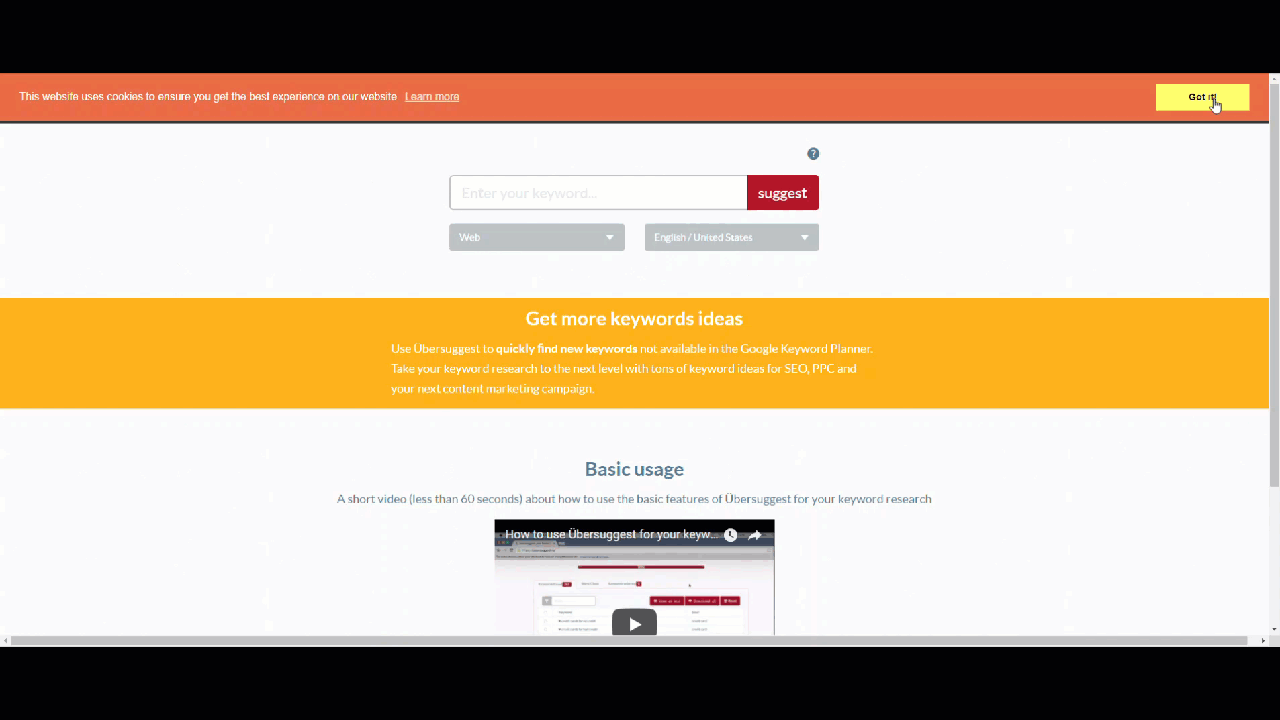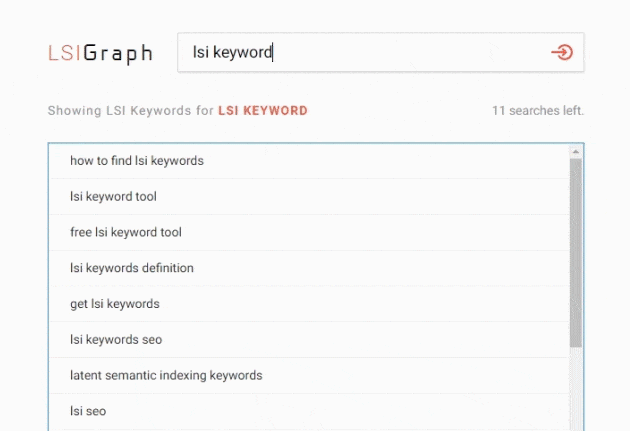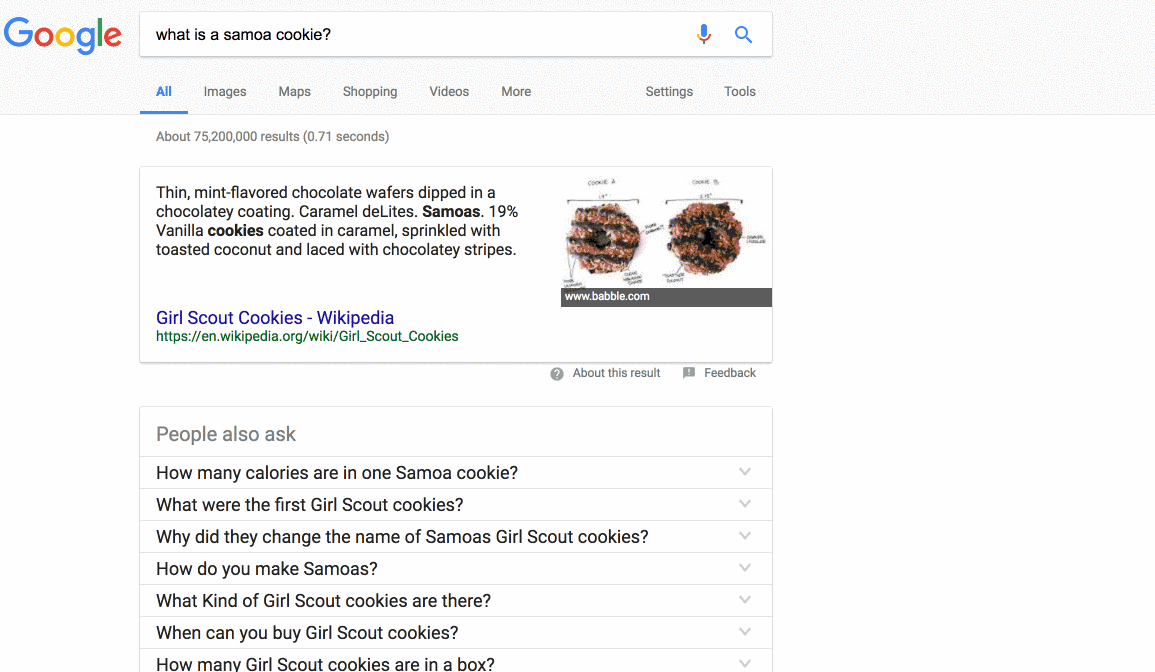5 Best Keyword Research Tools to Use in 2019

4 min read | By Admin | 21 February 2019 | Technology
Keyword research the first and foremost work that any digital marketer will do before initiating a search engine marketing campaign.
Before discussing anything else, let’s see what keyword search is anyway.
Search terms are the key elements that let a website discoverable in search engine results page and the process of identifying those key terms that are suitable for a website is coined as keyword research. The way keywords are optimized in a particular webpage defines its ranking in search engines such as Google, Bing, Yandex, Baidu etc.
Why Keyword Research is necessary?
Keywords are the passcode for web searchers to step into relevant webpages available online. The algorithm that search engines implement for the discovery of websites depends on the platform/search engine in which the search happens.
Though there are abrupt keywords available for a webpage, there are a lot more keywords can be suggested if one uses the right and best keyword research tool.
It can be identified/prioritized based on a number of search volume a single keyword has.
Does search volume really matter?
Search volume actually defines an average number of entries (more technically CTR) that you can expect from a keyword in a month. Keywords with a decent amount of search volume would get appropriate traffic to targeted pages.
Types of keyword research tools
By now dozens of free and best keyword research tools have emerged in the market but not all are legitimate to take a decision over targeted keywords.
Below are few best free keyword research tools that you can rely on all time to make your work easier and worthwhile to spend time with.
Google Keyword Planner
A recent stats show that 1.2 trillion searches are happening in a year worldwide in Google alone. Being a search engine giant Google offers highly satisfying searches for queries you feed to it.
Anyone initiating new website starts optimizing website keeping website performance in Google search results page.
For the ease of webmaster, Google offers its own products named “Google Keyword Planner” inside Google AdWords dashboard.
Earlier the search volume inside the tool was shown to free users, now that has been restricted to that business invest in Google Ads. However, a rough search volume figure is shown.

Ubersuggest
An old but effective keyword research tool that’s been utilized by search marketing globally. This ubersuggest keyword tool got its new look once it got acquired by popularly known digital marketing influencer named Neil Patel.
This tool acts equally compared to Google keyword planners, and to stay one step ahead this is now customized to show Google SERP data alongside the keyword and search volume info.

Answer the public:
Are you a blogger used to write frequently around your niche? Then this tool is exclusively for you.
In blogging, it is necessary to keep lurking for fresh keywords in different combination for upcoming blogs. If it is a long tail keyword, the content would rank easier like anything.
This particular keyword tool gives suggestions around a single keyword that feed in.
For instance, if you type a keyword named “puppy dog” recommendations that you see is around what, how, why, which, will, If, who etc. These types of keywords are very essential for writing a blog and most times would be a long tail keyword.

LSI Graph
Latent semantic indexing (LSI) keywords have a major impact in ranking a webpage in search results but given least preference, not considered at all many times.
These keywords definitely would have least search volume but help in its own way in ranking by indicating search engines what the content in a page is exactly about.
LSI graph gives the related LSI keywords for the term you enter. For instance, the keyword “Puppy Dog” would revert with related semantic terms like,
- puppy dog pals games
- puppy dog pals season 1 episode 25
- puppy dog pals toys
- puppy dog pals youtube full episode
If you can see all keywords are relevant to “puppy dog”. Making use of it in the right way lets your blog rank for a variety of keywords eventually. Thus ending up enormous traffic to your website.

Related searches
For any search query that you put in a search engine’s search box, you would see a list of “Related Search results” beneath 1oth search result in a SEPR.
Some of these queries are user-generated results for the one you put in the search box. As dealt with semantic keywords, these results would also have minimum search volume if inspected.
Yet appropriate keywords are discovered in here.

Conclusion:
Many webmasters think stuffing content with a single targeted keyword is enough to get traffic. You are allowed to do that if you expect traffic from a single keyword.
Adding related keywords does matter than making your content search engine friendly.
If your goal is to get enormous long term traffic to your webpage, just keep it rightly organized and optimized for a right set of keywords.
The latest from our editors
Join over 150,000+ subscribers who get our best digital insights, strategies and tips delivered straight to their inbox.



Comments are closed.